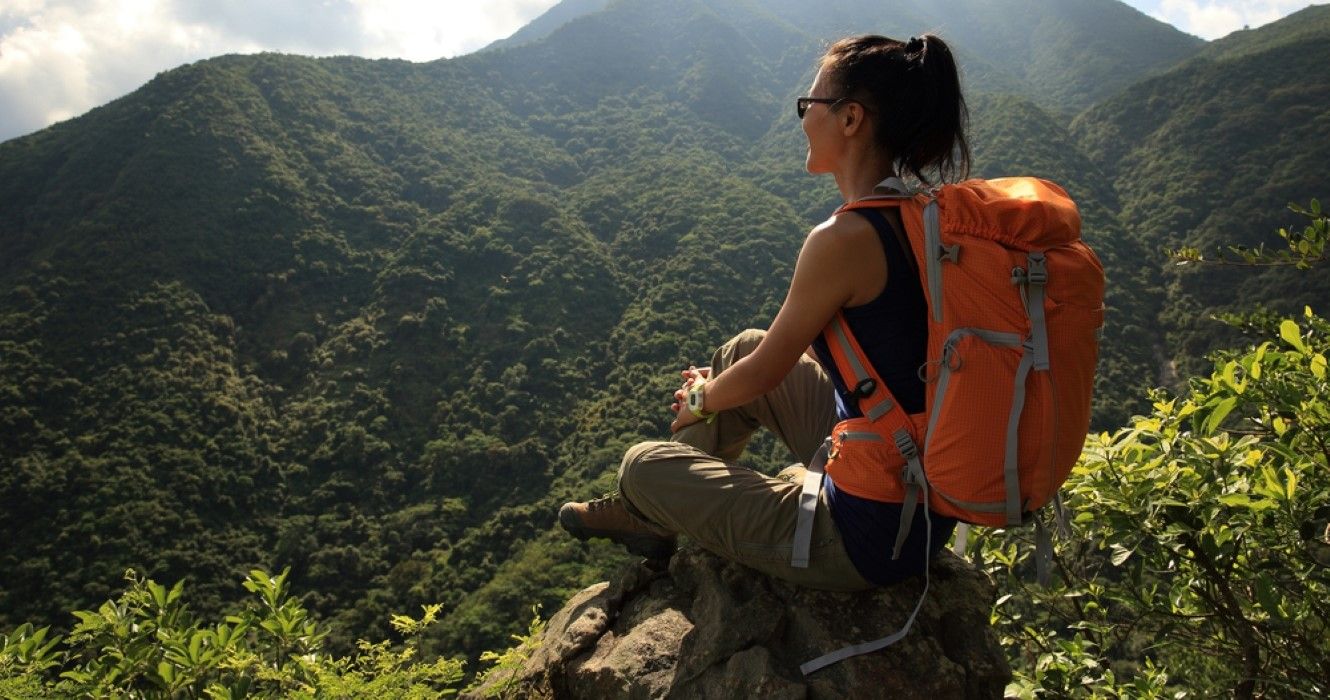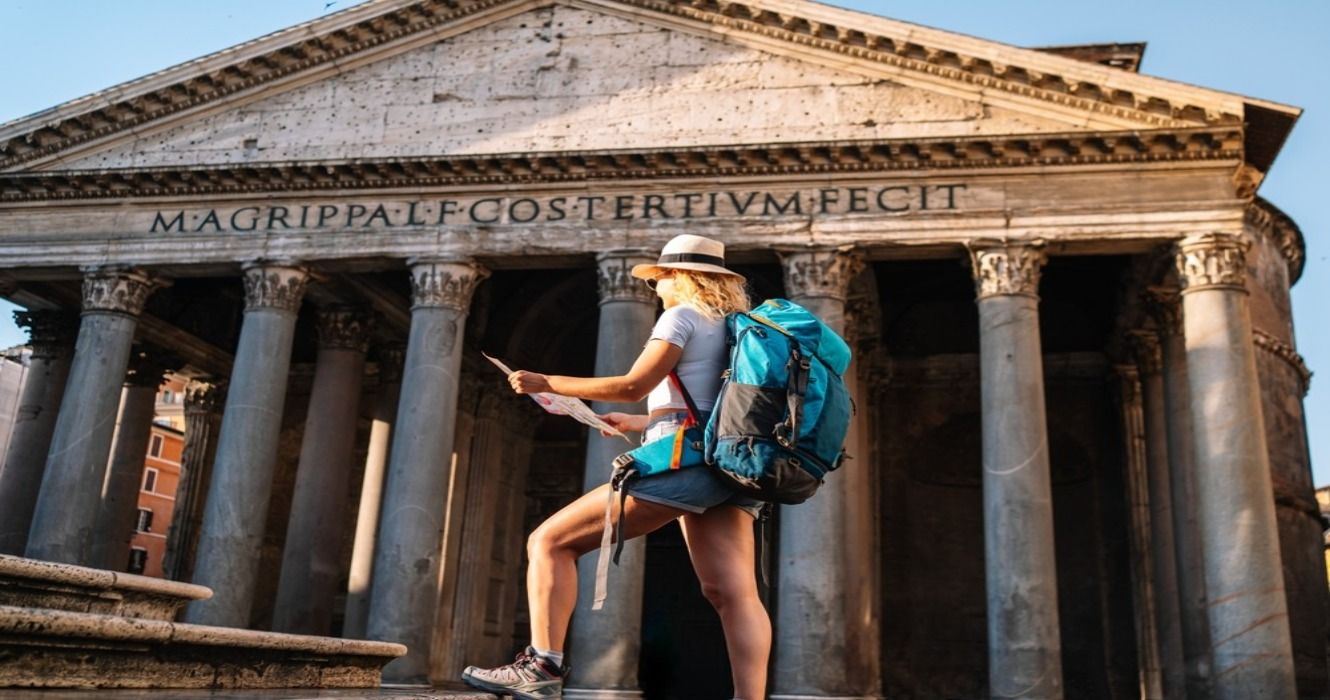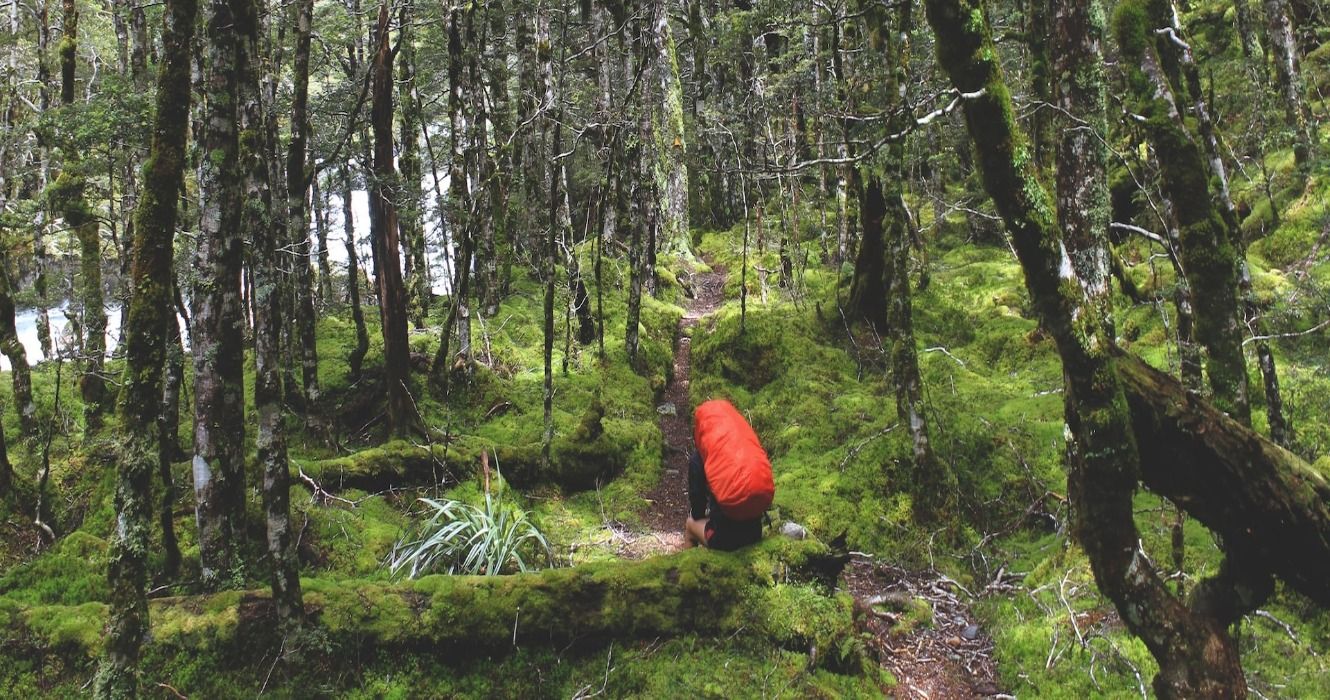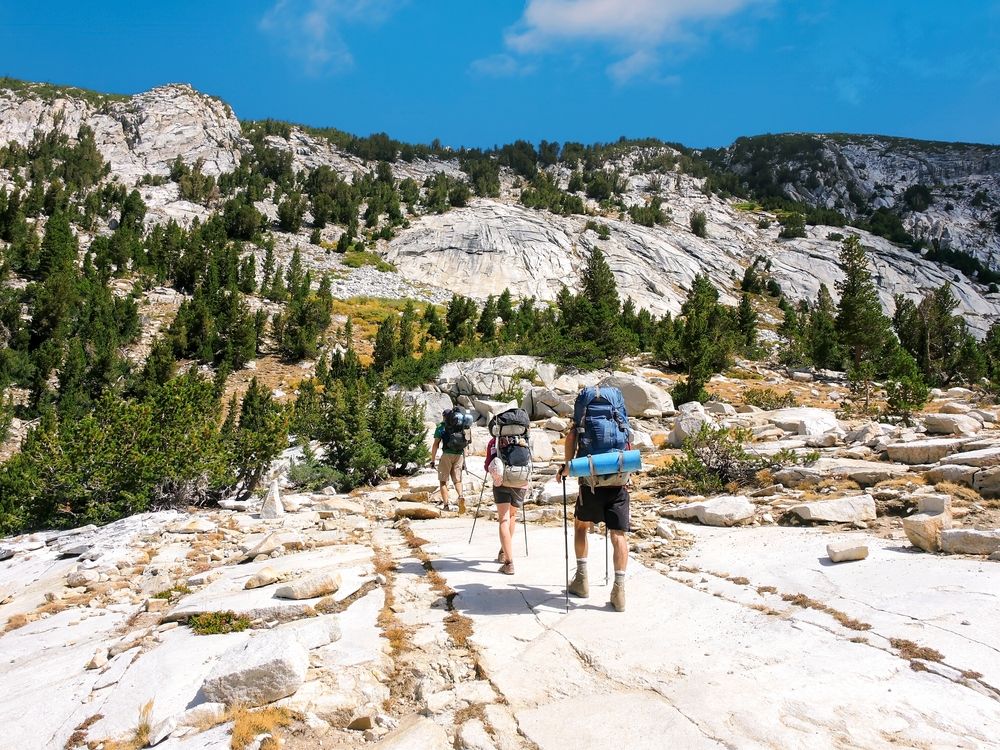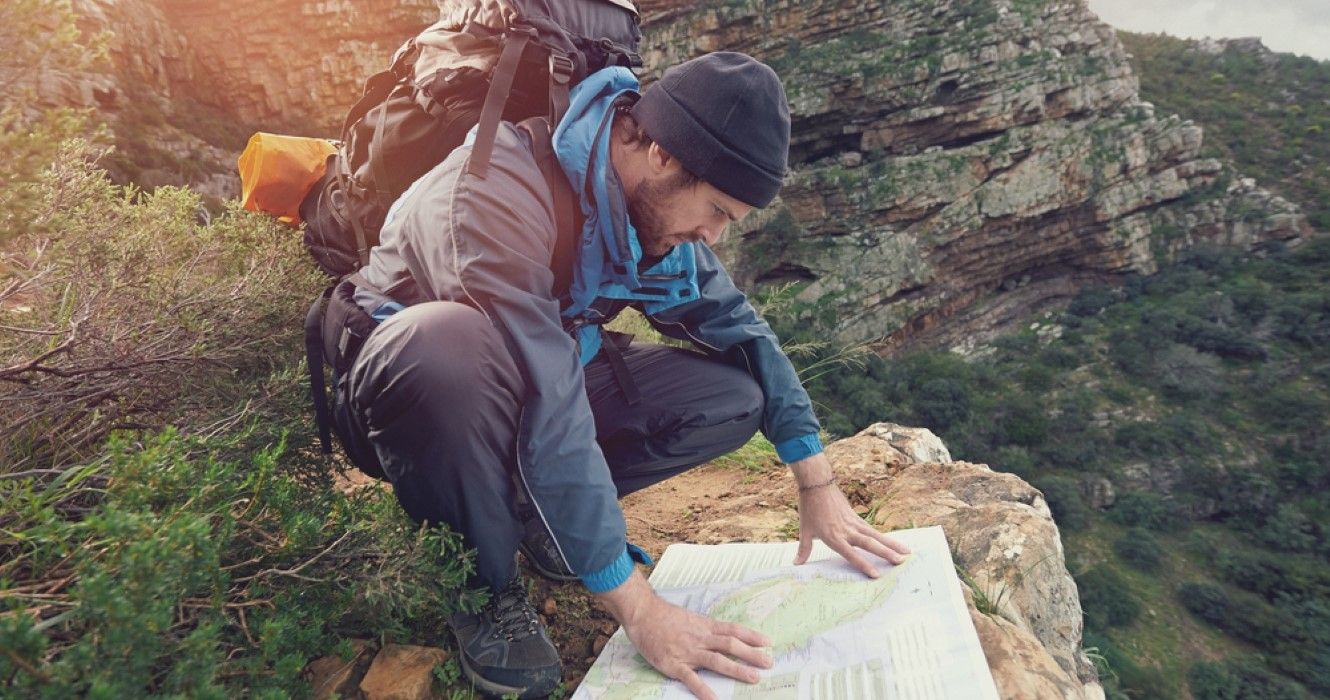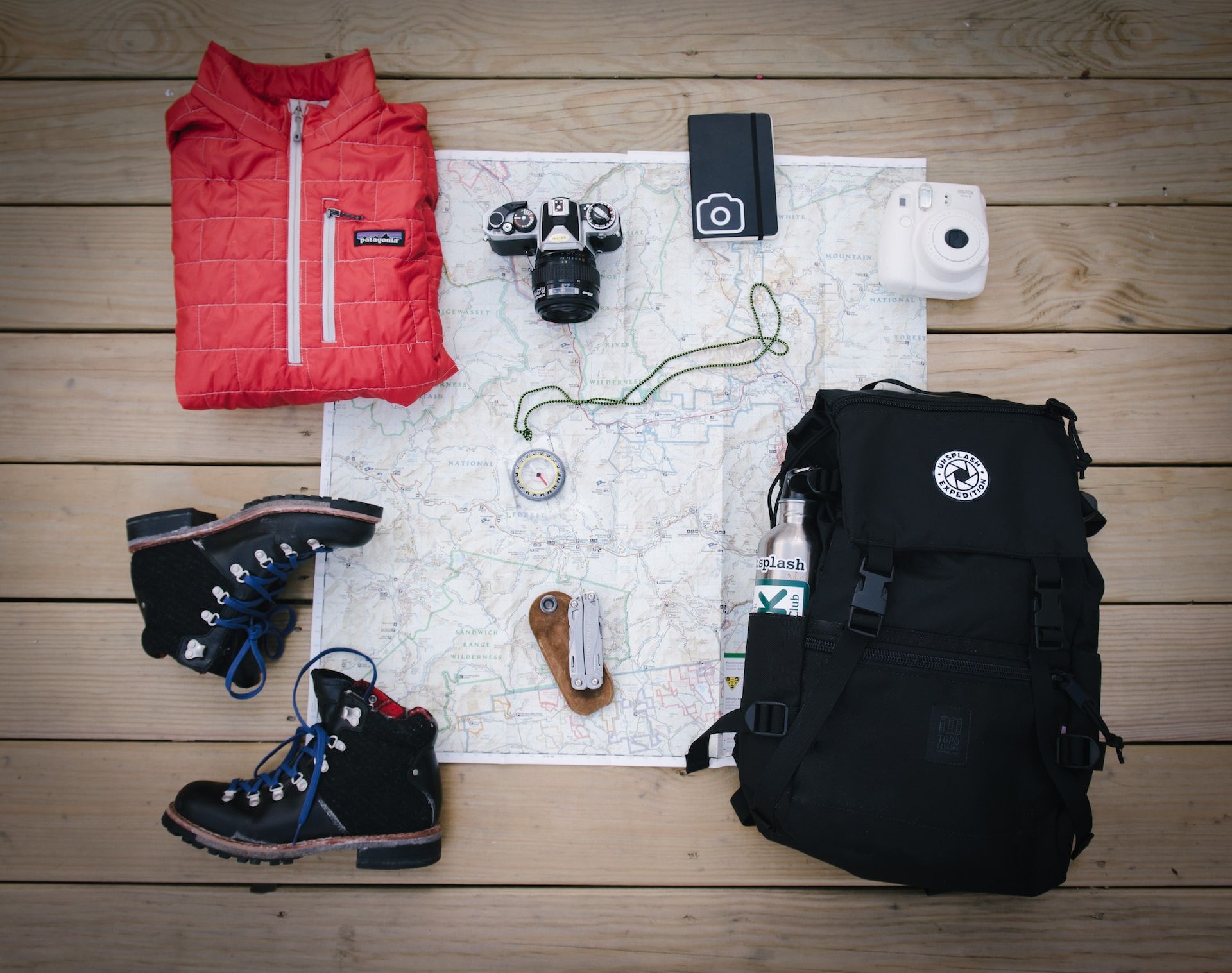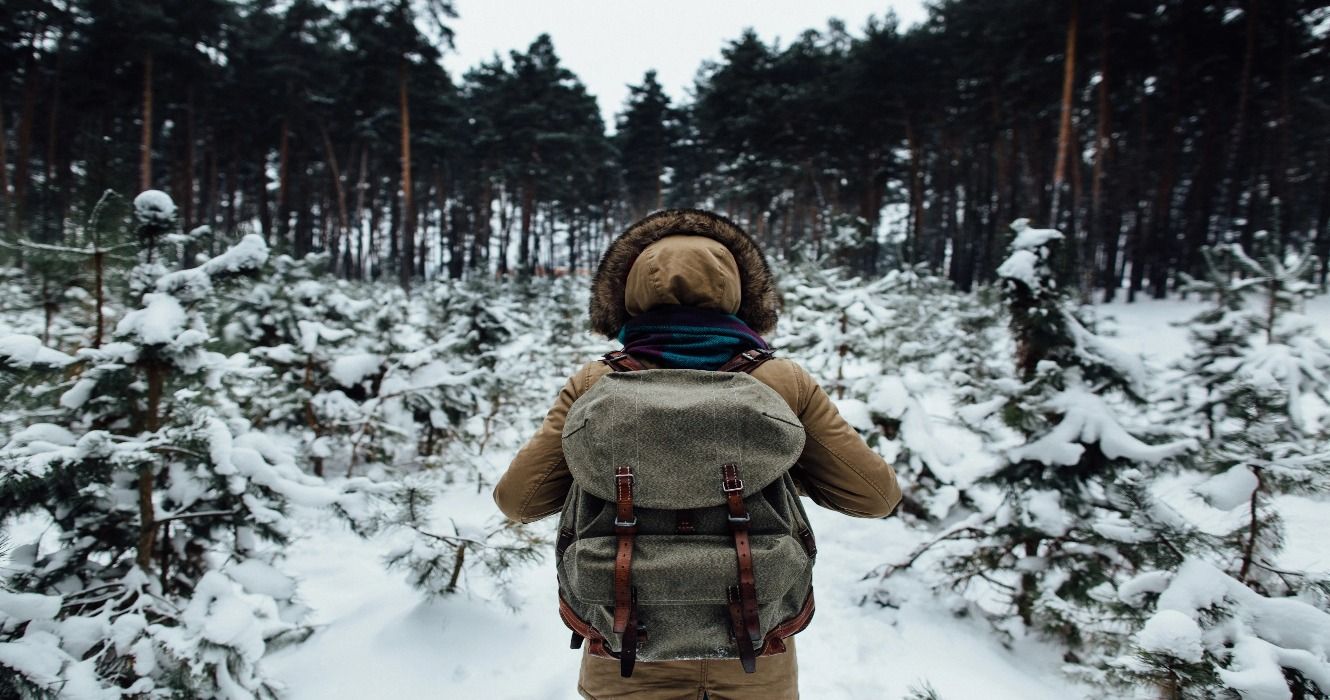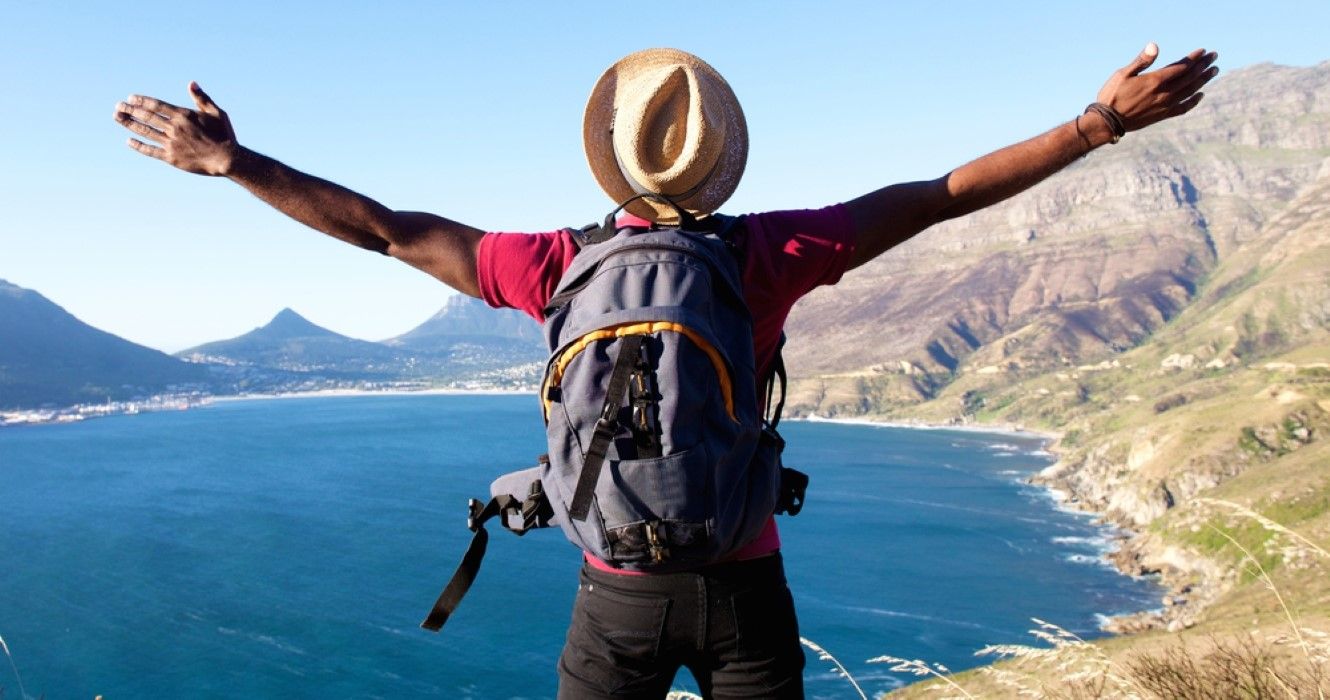Quick Links
Summary
- The duration and location are the most important decisions for first-time backpackers.
- Backpacking is an unforgettable experience that combines freedom, spontaneity, and independence. It's a journey of self-discovery.
- Research trail conditions, choose lightweight gear, and pack smartly. Consider weather, comfort, and the necessary food and water for a successful trip.
There are a million decisions to be made when first-time backpackers are planning their trip, but the two most important are likely the duration and the location. The first one is entirely up to them and their schedule, but when choosing the destination, they should consider their fitness. However, they should not worry because there are plenty of places in the world for first-time backpackers; for example, Alaska offers some of the best backpacking trails in the U.S. Adventurers may either combine them into a fantastic multi-stop vacation or remain for longer in the same nation or region to truly get a sense of the local culture, depending on how long they wish to travel.
They should also keep in mind that they will never forget their first backpacking trip for one reason. It is an unforgettable experience to load their life and soul into a backpack and venture into the unknown for days, weeks, or even months. As backpackers get down to the fundamentals and delve a bit deeper into their purpose, their interests, and ultimately, themselves, freedom, spontaneity, and independence combine to create a memorable journey. Here is what backpackers need to know, from planning to packing for their first adventure.
How To Start Planning First Backpacking Trip
An excellent place to start when arranging a vacation is with general inquiries. First-time backpackers should start by determining where, when, and what sort of trip they wish to take. Why go hiking instead than automobile camping? Then include further details. How much time will they be on the road? What specific trails, scenic routes, mesmerizing destinations, or magnificent campgrounds are they interested in seeing?
How many miles do backpackers plan to travel? Who, if anyone, else does want to join them? Lastly, they should think about the logistics. Do they require any permit or license? If so, when, how, and where are they going to receive them? How will backpackers get there and back from the trailhead? Do they need to be aware of any special or remarkable land-use rules or requirements? First-timers should answer all those questions when they start planning their backpacking trip!
Advice For Planning A Backpacking Trip
First-time backpackers can consult expert members of hiking clubs who are often happy to propose trips. Additionally, they can choose a location that is near their house for their first backpacking trip and consider walking fewer distances than they would on a regular day trek because carrying a heavy load makes walking slower and more challenging. Furthermore, they can aim for a couple of hundred feet of elevation gain. Determining a path with less elevation gain than their average day hike is another important step.
Readers may be interested in reading about the pros and cons of backpacking.
First-Time Backpackers Have To Consider The Trail Conditions
Backpackers should research the circumstances they are likely to experience when they have a sufficiently defined trip plan so that they may be adequately prepared, reduce risks, and eliminate irrational what-if situations. Those trail conditions are so important because they will affect how backpackers choose their supplies and equipment or that call for certain expertise. They should also take into consideration external phenomena and natural hazards such as river fords, avalanches or lingering snowfields, potential flash floods or tides, lightning, vegetation, insects, and wildlife, navigational aids (blazes, signaling, cairns, and posts), water availability, and remoteness.
- Best destinations for backpacking for the first time: Malaysia, Peru, New Zealand, Thailand, Cambodia, Vietnam, Costa Rica, Indonesia, Sri Lanka, Australia, The U.S., etc.
Choose The Necessary Gear For Your First Backpacking Trip
For first-timers, choosing gear is typically the most time-consuming, expensive, and sometimes also hard task. A comprehensive backpacking checklist and equipment run-down are excellent places to begin. Backpacking equipment has to be lightweight and small since adventurers have to carry it all and fit it into their pack. For this reason, they can plan to share a two-person tent with another backpacker, which makes it lighter and more cost-effective than two separate tents.
First-time backpackers are recommended to buy a tent rated for Spring, Summer, and Fall seasons only.
If backpackers decide to borrow a pack, they should make sure it is comfortable by trying it on beforehand. They can also take it on a protracted test trip while fully loaded with various stuff to weigh around 30 pounds (13.6 kg). For the first backpacking trip, if it feels well on the shoulders and hips, it probably works. If backpackers decide to purchase a pack, they should choose the right one by taking the right torso measures so the pack can appropriately fit them.
Backpackers should not let a lightweight model beguile them.
For backpackers’ comfort and safety when hiking, they must have a sleeping bag and pad. No matter what, if they do not get a good night's sleep, they will not be able to enjoy themselves the next day. Similar to tents, front-country-specific sleeping bags are not necessarily appropriate for backcountry camping. First-timers want a bag with a temperature rating appropriate for the type of weather they will experience.
- Other factors: When buying a sleeping bag, the packability, synthetic fill vs. down, and other factors should be taken into consideration.
Bring Extra Clothes
Backpackers will need additional clothes for around camp and in case of an emergency, in addition to the layers they typically bring hiking. They have to bring extra socks, a set of base layers for sleeping in, and warm clothing for lounging around the camp at night as well as in the chilly mornings. Hats and gloves are always a good idea, even in the summer, unless backpackers live in a very hot region. They might get away with little pain on a day trek, but it is crucial to be ready for any weather conditions they might experience on an overnight hike.
Have The Necessary Food And Water
Nothing makes backpackers feel more satisfied than a hot lunch after a strenuous day of trekking. They have a few choices here: Backpacking meals that are freeze-dried are compact and easy to cook with only boiling water. Alternatively, they can consider cooking. A canister stove is backpackers’ best and most affordable option for cooking. However, they should not forget its fuel. The number of calories a backpacker must consume per day on their backpacking trip will vary depending on their body weight, pack weight, altitude, hiking intensity, temperature, and more. Therefore, bringing extra food on an overnight journey is always a good idea. They should also remember to bring their sporks!
Before bringing the stove into the backcountry, first-time backpackers are recommended to have some practice using it at home.
Finally, It's Packing Time
After putting together all of their equipment, now it is time for backpackers to load it all onto their backs. Although packing the backpack may seem simple, doing it correctly might be the difference between a pleasant trek and one that results in hurting backs, lost stuff, and other unpleasantries. A lot of backpackers regret packing unnecessary things or in the wrong way. Therefore, first-time backpackers should consider the following factors while packing their backpacks: they have to keep their vital goods dry, such as their sleeping bag; fill empty space; put balance and ease of access for items they will need while hiking on top of the list; and weight distribution.

